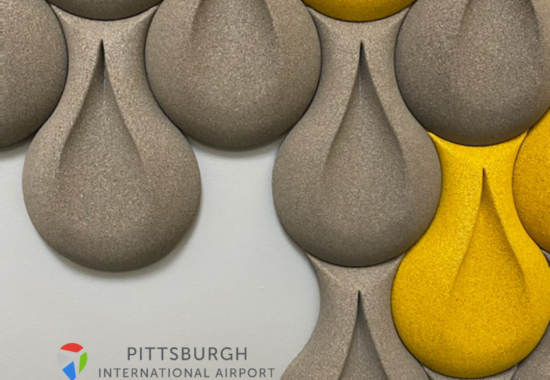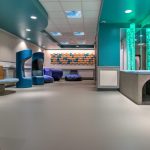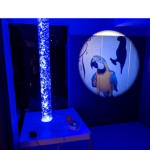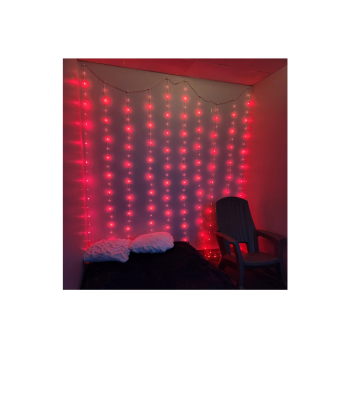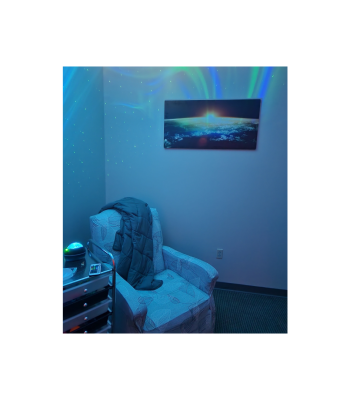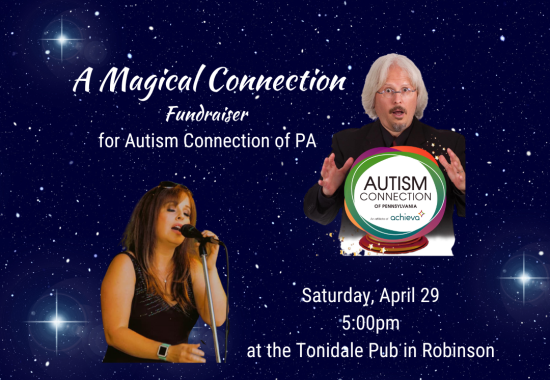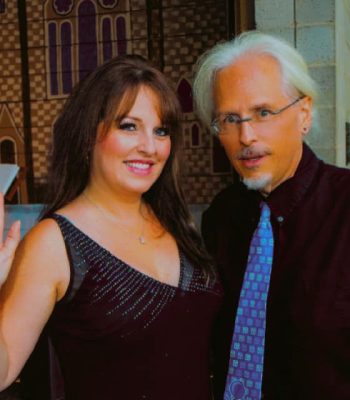One day a week I take myself to the office, the rest of the week I work remotely. The fluorescent lights in the office are not kind, and it takes me an hour to de-escalate myself once I get home. Sensory overload is real and it is hard. I wasn’t always aware of my sensory needs, and I still struggle with coping, but my son taught me how to identify obstacles in the environment. They were always there, and sensory overload affected me, but I am a product of the 80’s and 90’s growing up, and we certainly didn’t talk about sensory needs. You just dealt with it, or didn’t, but regardless you did it quietly.
Fast forward to having a child who was diagnosed with autism.
As a parent of a child on the spectrum, I had a large learning curve and I needed to maneuver it quickly. One day he didn’t have autism, and the next he did. Now I know, autism was always a part of him, this is what I mean by learning curve. In the beginning, I was circumventing the curve by doing everything others told me I needed to do to “cure the autism”. The focus was on changing him, not on creating a space where he could thrive. If he wasn’t in therapy or working on targeted skills, we were wasting precious time to “fix” him. False. False. False.
Let me stop here and replace cure with cope and also say that speech, occupational, physical therapy, and skill building can happen in all the places all time. Children need space to be children and their adults need space to just be supportive adults. And while we’re replacing words in our vocabulary, let’s replace compliance with cooperation. But we can talk more about compliance vs cooperation in a future blog.
We have so much to learn from people, especially children. Once I began focusing on coping, rather than fixing, everything changed. When I learned to listen to what my son was communicating but wasn’t verbally saying, everything changed. My son changed my entire view moving forward and made me realize I needed to reflect inward. The space I was trying to create for him to thrive, I learned, I also wanted. I didn’t want to just “get through it” anymore.
Actively listening to my son smashed my rose colored glasses and showed me the beautiful world of diversity and inclusion. I learned how to identify and advocate for what I needed to be comfortable. I learned that asking questions and genuinely wanting to get to know about people and what is important to and for them, helps us all grow and create safe spaces. I learned that as I’ve shared how I feel or what I’ve experienced, many others say “me too!”, which creates a welcoming environment to share what is in their hearts and in their minds. I learned to meet people where they are. Even though I’m much older than my son, it’s been a life changing experience to learn together that neither of us needed fixing.
This is a reminder to let the children lead us and teach us.
E.R. Heffel


